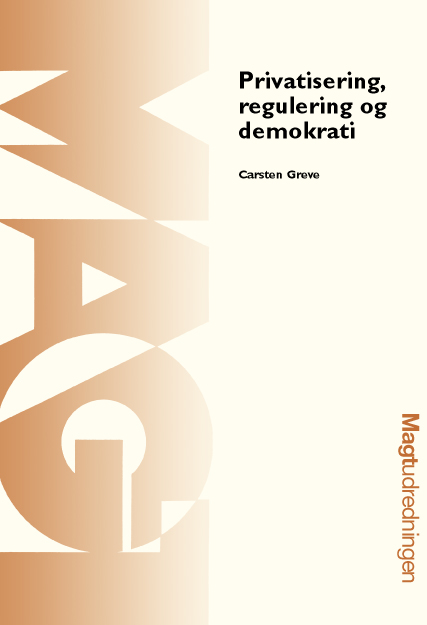The shorter work examines the role and function of independent regulatory bodies in the Danish democracy. Privatization of public companies does not necessarily lower the need for regulation if full competition is not achieved. For that reason, states around the world have established regulatory bodies to keep an eye on the companies. To ensure credibility and impartiality, these bodies must be politically independent. In the context of power and democracy, the establishment of independent regulatory bodies raises at least two questions: (1) How much power is delegated to the regulatory bodies from government and parliament? (2) How are independent regulatory bodies accountable to Parliament and government as far as exercising their power?
The conclusion is that the IT and Telecom Agency is independent of government and Parliament on some dimensions, but not on others. The minister cannot interfere in isolated cases and decisions. The Agency has, in general, pursued a proactive strategy in telepolitical discussions and adapted to modern concepts like liberalization, competition and globalization. However, the Agency is not that independent: Government and Parliament are still in the drivers seat, for instance in defining a new overall telepolicy and entering agreements with other countries.
